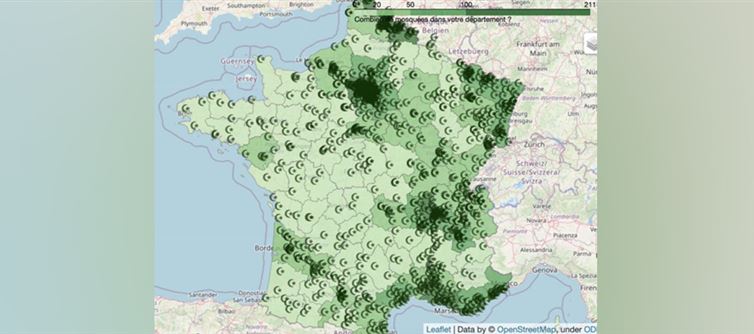
Mek’s post frames this growth as more than a religious expansion, labeling it a “demographic and ideological conquest” fueled by foreign Islamic regimes, particularly from Morocco, Saudi Arabia, Qatar, Oman, Turkey, and Kuwait, which are said to finance mosque construction and Islamic indoctrination.
The accompanying text amplifies the alarm raised by Messiha, who warns that denying this shift amounts to “high treason,” a statement that resonates with concerns about the so-called “Great Replacement” theory. Mek highlights reports from France’s Directorate-General for Internal Security (DGSI), which identify up to 150 urban districts as being controlled by Islamic fundamentalists, areas often described as “no-go zones” where police face significant challenges entering without military support.
The post also cites Polish MEP Elżbieta Kruk’s 2020 projection of 60 million Muslims in europe by 2030, suggesting a broader trend of Islamization that includes the establishment of Sharia law and Koranic schools funded by gulf States. This narrative paints a picture of a nation grappling with internal divisions, where mosques serve as cultural and ideological hubs, potentially at odds with secular French values, prompting a call for Americans to take heed of these developments.
The implications of Mek’s post extend beyond France, serving as a cautionary tale for the united states and other Western nations, with questions posed about the number of mosques being built in America, their foreign funding, and their ties to Islamic enclaves. The thread sparked varied reactions, from support among those echoing the need for vigilance against perceived infiltration, to criticism from others who view the narrative as alarmist or lacking nuance.




 click and follow Indiaherald WhatsApp channel
click and follow Indiaherald WhatsApp channel